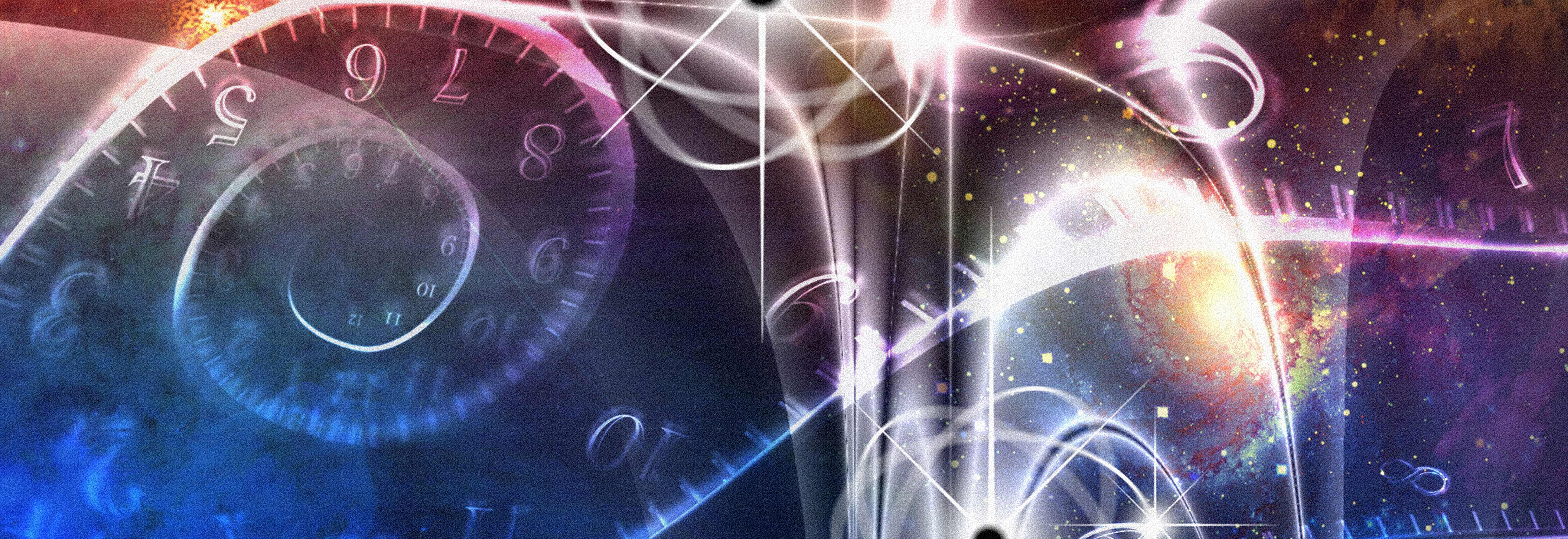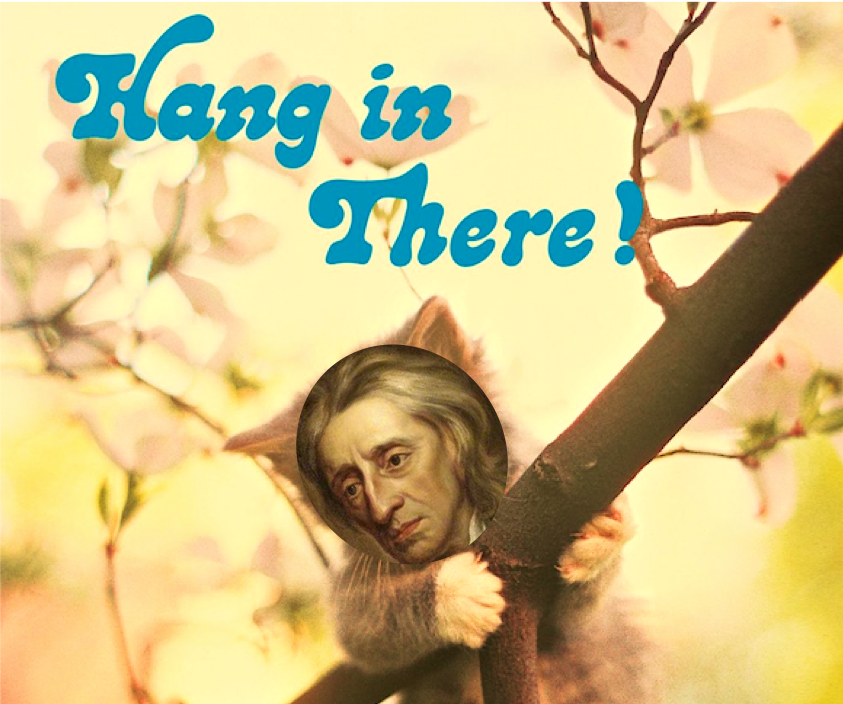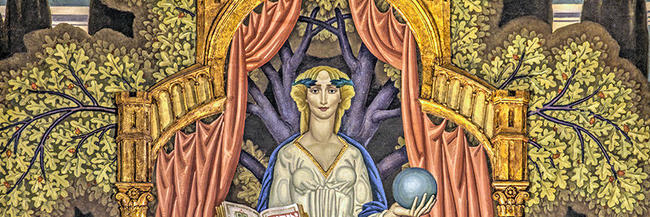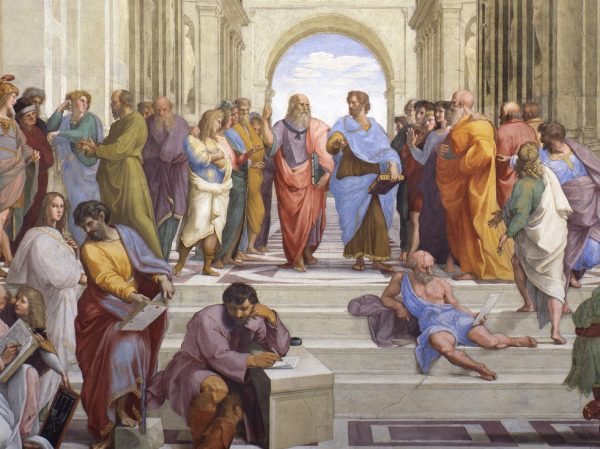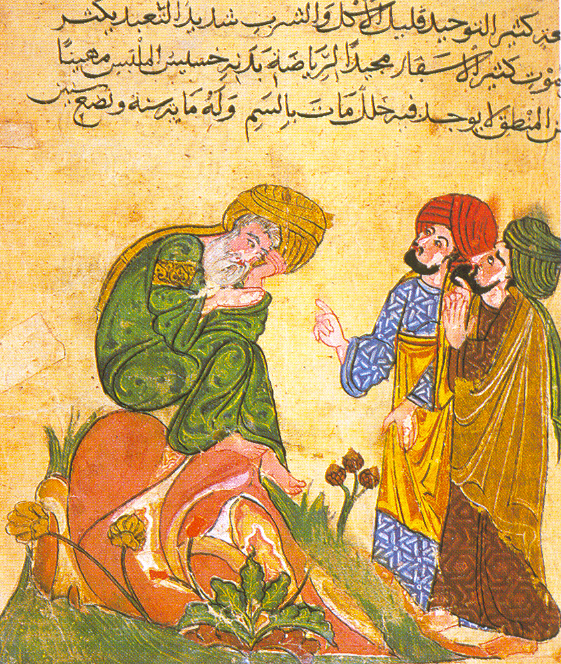Democracy and despotism in a digital age.
Cosmic & Biological Teleology

We appreciate Professor Arnhart’s notice of, and comments on, our essay at his blog. As we note, we are in broad agreement with those Straussians—including Roger Masters, the early Leon Kass, and Arnhart himself—who argue that modern science does not refute the possibility of natural right. We differ with Arnhart, however, in a few particulars. Some of these must be put off to a future date, as we plan to elaborate on the themes in our essay in follow-up publications. For now, we focus on two passages.
Professor Arnhart writes:
“As an escape from Strauss’s dilemma that moves towards a comprehensive science of nature that supports natural right, I have argued for a Darwinian liberal education that sustains Darwinian natural right, which rests upon what I call ’emergentist naturalism.’ Unlike the transcendentalist dualist, I affirm the continuity of nature and the integration of human beings within the natural order. Unlike the reductionist monist, I affirm the irreducible complexity of nature, in which novel properties emerge at higher levels of organization that cannot be reduced to lower levels, so that the uniqueness of human beings as a natural kind comes from the emergent properties that distinguish the human species, which include those distinctively human natural ends that constitute the ground of natural right. I thus draw from a long tradition in Darwinian biology of thinking about emergent evolution, which Ellmers and Wise acknowledge in referring to ‘the overwhelming evidence for such ‘emergent’ order in evolutionary biology.'”
And:
“Darwin also recognized the natural teleology that supports natural right. But contrary to Strauss, this natural teleology in organic life is not a cosmic teleology of the heavenly bodies but an immanent teleology displayed in the goal-directed activity of living entities and processes. This is the sort of teleology that Aristotle studied in his biological works.”
In our view, this separation of cosmic teleology and biological teleology is not only unnecessary, it fails to escape the dualism that Strauss complained about.
Biology does not stand apart from the whole, but is part of the whole. An immanent teleology, as Arnhart identifies it, is immanent in the whole, in the basic stuff of the whole. Aristotle does not conflate, as Arnhart perhaps does, the fixed moving bodies of the heavens with the essential or necessary meaning of purposeful motion. What Aristotle provisionally observed within his domain of experience must not be confused with final conclusions about the nature of nature. We think, for example, that Aristotle would have marveled at the determination made by modern physics that any slight change to a variety of physical constants would render the fabric of our universe, and life as we know it, non-existent.
We think it is important not to get too caught up in Aristotle, per se, or in his speculative suppositions. (Still less do we think it wise to place too much weight on Darwin.) By this we mean that we are willing to depart from Aristotle’s speculative conclusions precisely in order to adhere to his method. He was a man who put his tunic on one sleeve at a time. An astute observer of nature, Aristotle perhaps the most penetrating observer that has lived. Still, the nature he observed is one we also can independently observe. The fundamental aspect of that nature, which ties together his rebuttal of Plato’s theory of the forms, is that matter adopts form, to become a whole—a being, or ousia. That order that inheres in the world can be seen by human intelligence in art as well as nature. In art, the intention is obvious in that it resides in the mind of the artisan and his craft. But in nature, the intention can be elusive, and sighting it is subject to the critique of seeing “Jesus on a Cheeto.” You see it there because you project your intention onto the Cheeto.
That criticism of teleology—that nature’s purposes or causes are merely projections of our own wishful thinking (a criticism by dogmatic Darwinists that Arnhart is well familiar with)—cannot be definitively rebutted within the strictures of modern science or otherwise. But one can nevertheless observe that the order of the whole has a persistent quality of being predictable by human thought. That predictability strongly suggests that human thought is similar to the structure of the whole. Aristotle in his Metaphysics thus ties being (ousia) to an objective parallel between thought and actuality: a thinking whole. What is permanent about this is highlighted by the premise of the Fermi Paradox. The order of nature is such that it seems highly likely that intelligent life would arise on other planets. Skipping for a moment the concern raised by the Fermi Paradox (viz. Why has such life not shown itself?) we can see the reasonableness of an order for which intelligence is immanent and which thus tends, permanently, to produce a creature that thinks as it does. Cosmic teleology has thus in a way not been denied by modern science, but it has, unwittingly, been affirmed.
Thus, to return to the question of natural right, the cosmos may well be teleological without being moral outside of the relevant domain of moral beings. Moral action requires deliberation, and this capacity is possessed only by part of nature. Thus, the conditions for moral deliberation need not be present everywhere in order for natural right to be real. Nature is heterogeneous, and there are differences in kind among the ousia. Not every being has every capacity.
These are some of the presuppositions for our approach to a comprehensive reordering and understanding of the natural sciences—one not rooted in Darwinism, or even Aristotle as such, but one that depends on a proper understanding of political philosophy. What this means, exactly—not merely as a practical matter, but ontologically and epistemologically—is a matter we intend to develop in a future essay.
The American Mind presents a range of perspectives. Views are writers’ own and do not necessarily represent those of The Claremont Institute.
The American Mind is a publication of the Claremont Institute, a non-profit 501(c)(3) organization, dedicated to restoring the principles of the American Founding to their rightful, preeminent authority in our national life. Interested in supporting our work? Gifts to the Claremont Institute are tax-deductible.
The crisis of modern liberalism and science requires skeptical political philosophy—but skeptical political philosophy is itself undergoing a crisis.
We don’t need a revolution to find political redemption.
The case of Yale and Calvin
When God recedes, nihilism takes His place.
What is the Bedrock of Being? (A reply to Alex Priou.)


